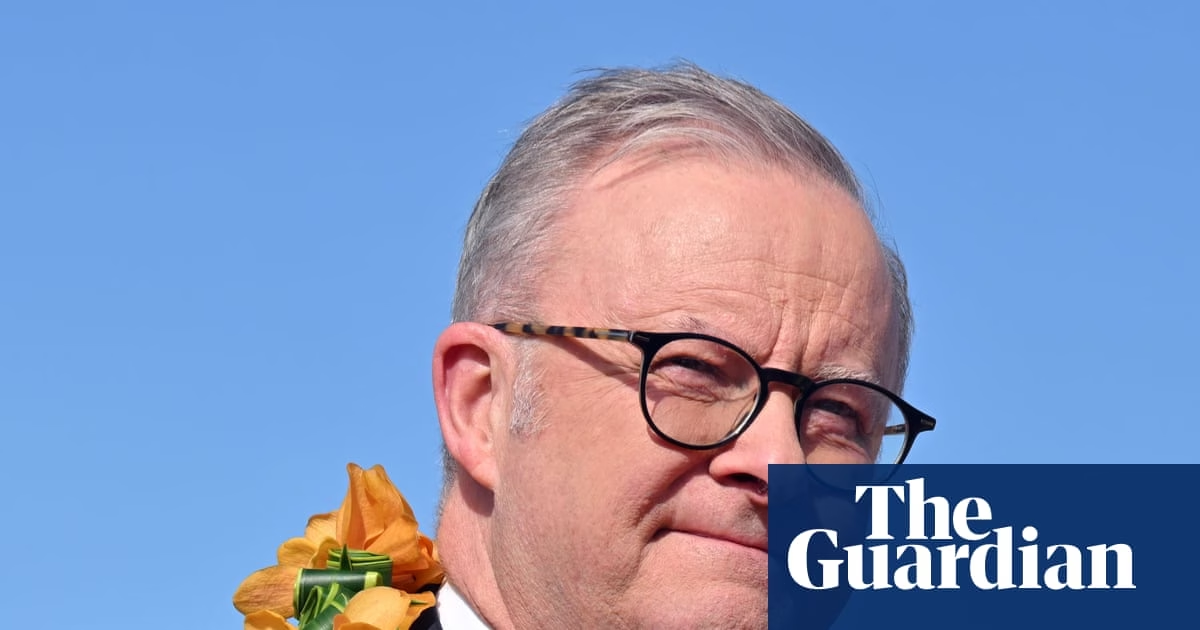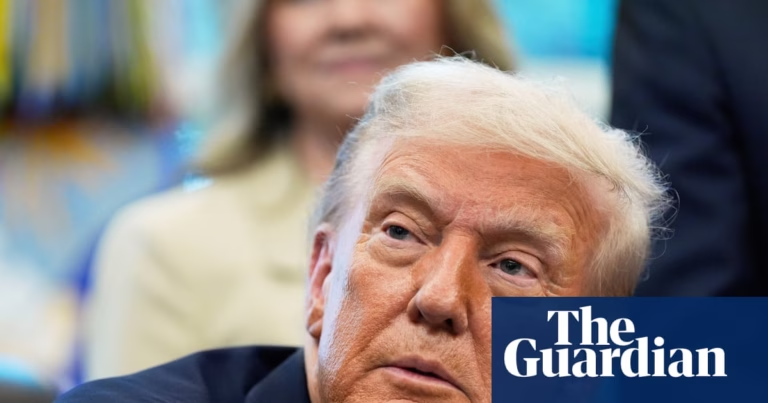Australia and Papua New Guinea have agreed to a groundbreaking defense pact, set to be officially signed during the celebrations of PNG’s independence later this week. This agreement entails a mutual defense commitment in case of military attacks, aiming to counterbalance China’s expanding influence in Pacific countries. Despite this milestone, there was a delay in formalizing the deal due to insufficient attendance at a cabinet meeting in PNG, which was attributed to the ongoing independence festivities.
Both Anthony Albanese, Australia’s Prime Minister, and Billy Joseph, PNG’s Defense Minister, have confirmed that this treaty, colloquially known as the “Pukpuk Treaty,” does not intend to compromise the sovereignty of PNG, an entity that gained independence from Australia on September 16, 1975. Joseph emphasized that the treaty’s specifics can be adjusted in the future through cabinet discussion and parliamentary approval.
The agreement facilitates PNG citizens’ enrollment in the Australian Defense Force and permits Australians to serve with PNG troops. It fosters interoperability between the two countries’ defense forces and enhances joint responses to potential military threats. Additional areas of collaboration include joint military training, defense exercises, and cooperation on cybersecurity.
Joseph’s statement highlights PNG’s preference for Australia as its primary defense partner. This stance is seemingly in response to China’s increasing efforts to exert influence over Pacific nations through major infrastructure projects and loans. Albanese, affirming the significance of the agreement, stated that it is a natural progression of the close relationship between Australia and PNG, focusing on mutual security and sovereignty.
The celebration of PNG’s independence in Port Moresby has drawn various international dignitaries, including Prince Edward, representing the British monarchy. Both China and the US have sent their officials to PNG during this period. The agreement comes amid discussions about a separate deal between Australia and Vanuatu on climate change resilience, security services, and the economy.
Sussan Ley, the opposition leader in Australia, expressed support for the agreement, emphasizing a partnership of equals based on mutual respect. However, David Shoebridge, the Greens’ defense spokesperson, criticized the proposal, arguing that it overlooks the potential risks of increased militarization in the region.
In celebration of PNG’s independence, Australia will contribute to an extension of PNG’s national parliament with the addition of a new ministerial wing. This gesture underscores Australia’s commitment to deepening its ties with PNG as they commemorate five decades of independence.
Source: https://www.theguardian.com/australia-news/2025/sep/16/australia-png-papua-new-guinea-military-defence-treaty-agreement-as-china-pacific-influence-grows





